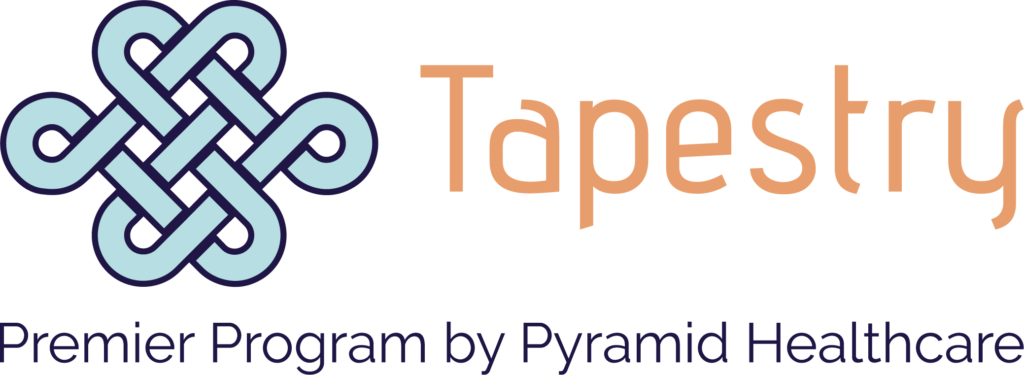Expanding Access to Mental Health Services
Studies suggest that online therapy can work just as well as traditional face-to-face therapy. This is good news for many who are struggling with mental health, during the coronavirus (COVID-19) pandemic and beyond.
Teletherapy Is Having a Moment
Also known as teletherapy or telehealth, online therapy is currently having a moment. Many people are suffering symptoms of mental health disorders, but they may be unable to get help in person. As such, they are dialing in with smartphones and video services to get the care they need. While reluctant to practice online counseling at first, many therapists have found virtual sessions to be convenient and productive. Some therapists will even convert much of their practice to telehealth once the pandemic ends. Further, 85% of clients were satisfied by telehealth in a university study, confirming that their online therapy experience was comparable to an in-person visit.
How Telehealth Makes Mental Healthcare More Accessible
Many people feel stigmatized by therapy or are afraid to seek help in person. Now, these people can get the care they need from the comfort and privacy of their own homes. Telehealth also takes away the hassle of an in-person appointment. Parents will not have to find childcare while they are away, and no one will have to struggle with additional stressors like traffic and parking. If someone needs a specialist, they will also have access to providers who may be further away. Some people even open up more during online sessions, allowing for breakthroughs that may not have occurred otherwise.
Finding Care
Even with telehealth, therapists may not be able to “cross” state lines to help you, so if you are considering teletherapy, you should look local. In North Carolina, Tapestry is available for all your mental health needs – online and by phone. We also have a residential recovery program for severe mental health conditions and eating disorders, and as an essential service, our doors remain open during the COVID-19 crisis.
Click here to learn more about admissions or call us at (828) 490-4032 to discuss your treatment options. If you have questions, you can also send them online.
No matter what kind of care you are looking for, we look forward to helping you feel better!






